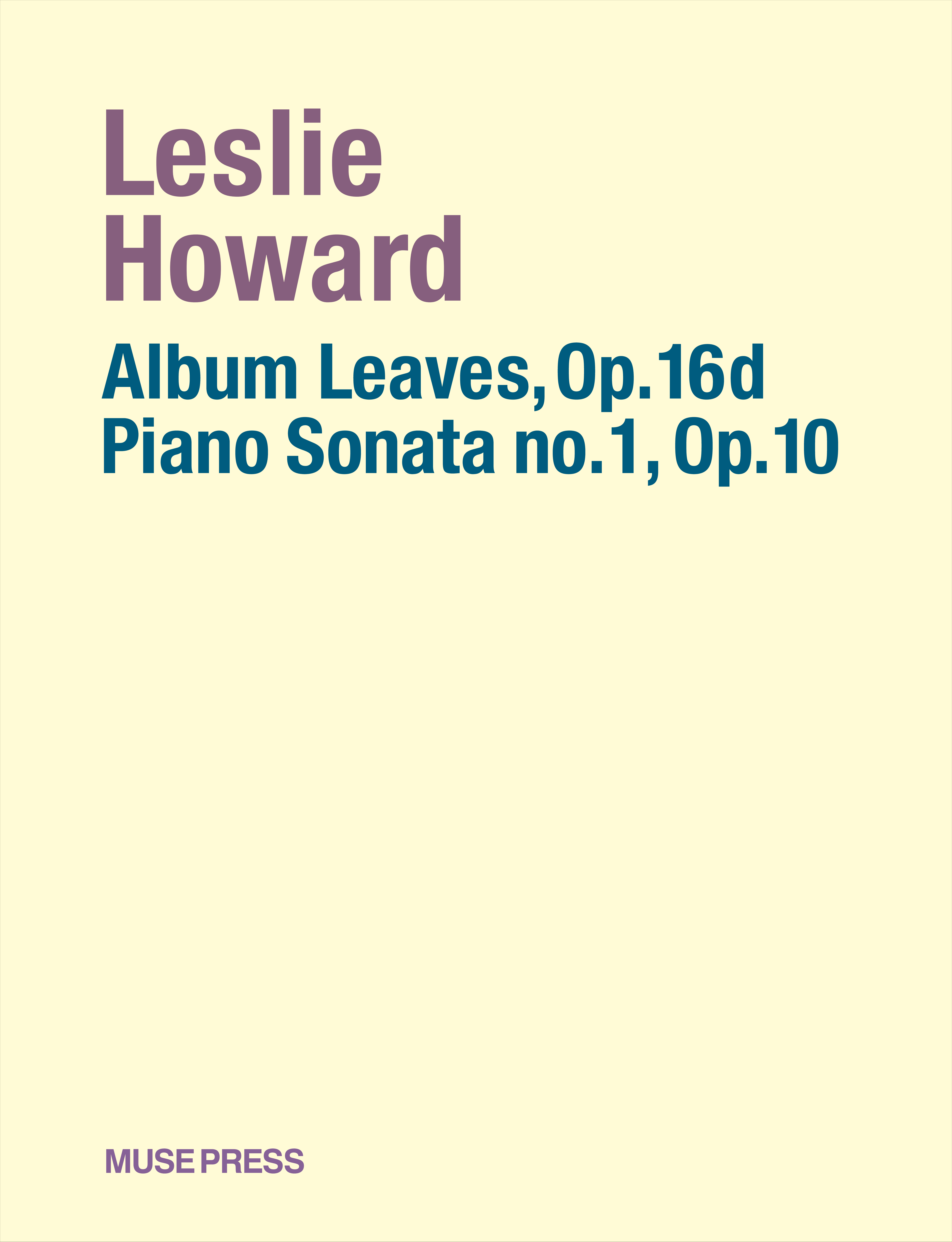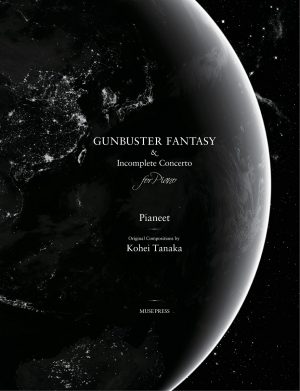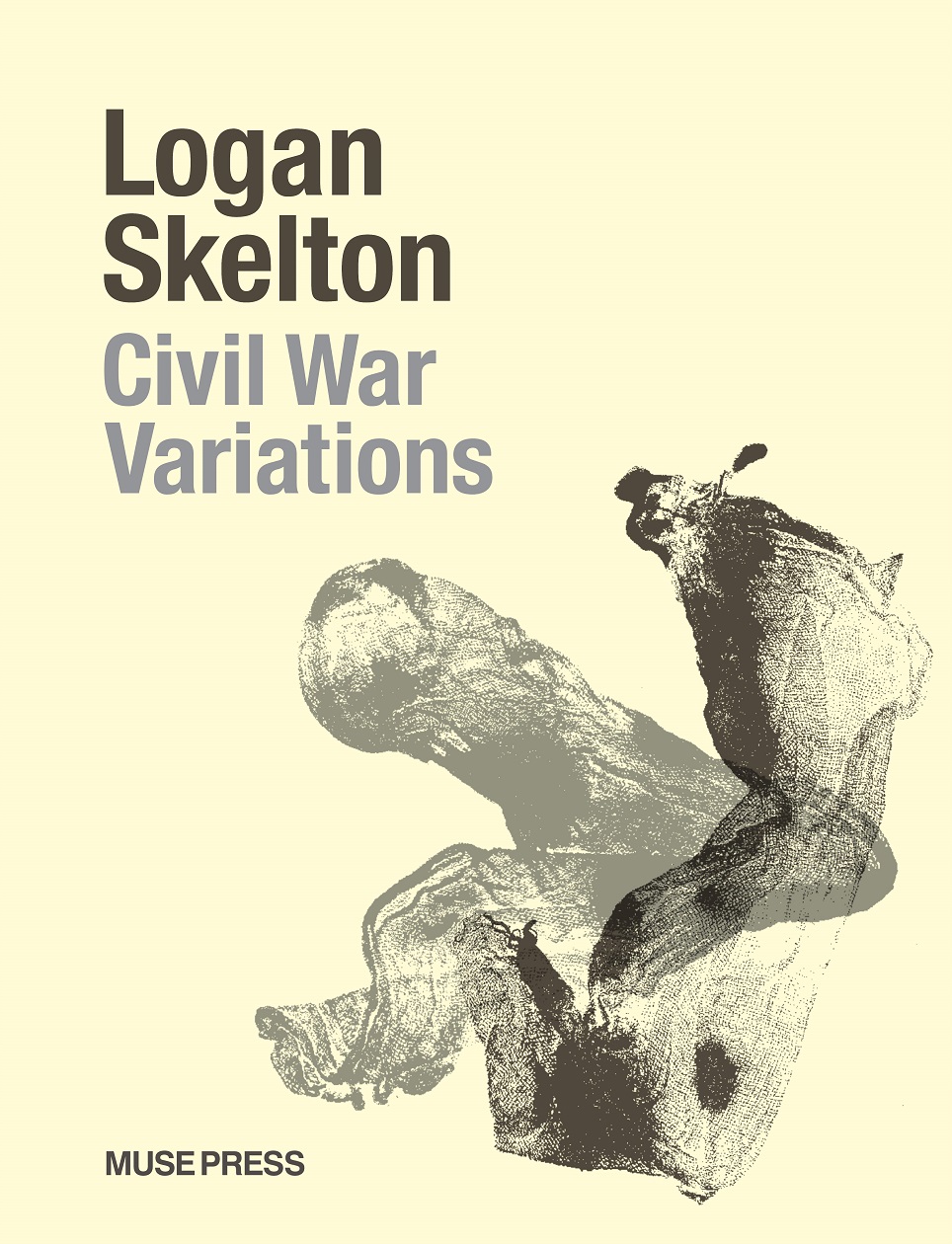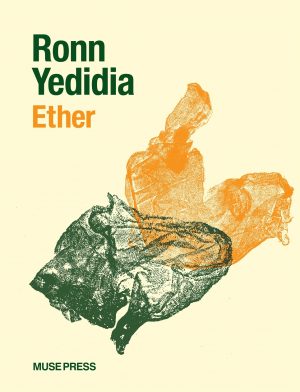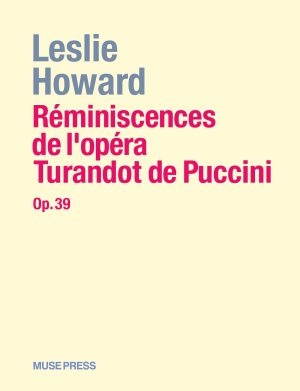Description
Preface by Leslie Howard
The serially-composed Sonata was completed whilst I was newly 21, and an undergraduate at Monash University in Melbourne. Whilst it is doubtless a product of its time, it was a serious attempt to combine such technique with some kind of bridge to more traditional piano textures. There is, at the time of writing, no Piano Sonata no. 2!The two little Album-Leaves were composed in London in 1973, after I had moved – permanently, as it transpired – from Australia to England, via a sojourn in Italy. At this time, my ‘Ramble on a Russian Theme for domra and pianoforte’ was composed, and I used the same melody in the first Album-Leaf, with a deliberately undemanding bitonality, The second Album-Leaf was a homage to what was then the ‘unknown’ side of the music of Grainger, with its sliding counterpoint and tonal ambiguity.
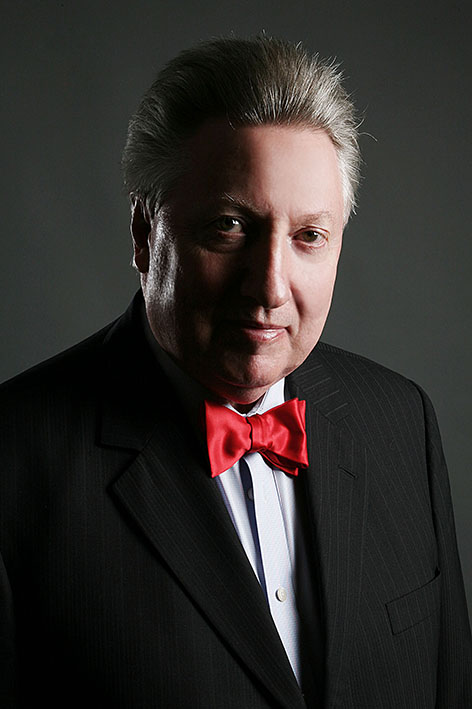 Leslie Howard
Leslie Howard
To celebrate his seventieth birthday, Leslie Howard has prepared some of the works which have proved most in demand by his many followers throughout the years: a programme of Liszt’s operatically inspired piano music that he is playing in many countries. 2018 will also see the release of one further CD of hitherto unrecorded pieces by Liszt, finally bringing the total to 100, and so extending the already unequalled accomplishment of the largest solo artist recording project in the history of classical music. (The new disc can be safely slotted into the famous complete Liszt boxed set which has been available from Hyperion Records since 2011.) This critically acclaimed project merited Leslie Howard’s entry in the Guinness Book of World Records, six Grands Prix du Disque, the Medal of St. Stephen, the Pro Cultura Hungarica award and a mounted bronze cast of Liszt’s hand presented by the Hungarian President.
Leslie Howard has balanced his prodigious recording career with an international concert itinerary which has seen him performing regularly throughout the world for more than half a century, always with a repertoire that seeks to extend the audience’s experience and to challenge accepted hierarchies of received wisdom. He has appeared regularly with the world’s finest orchestras, and has also pursued a distinguished career as a chamber musician, partnering many of the greatest solo musicians and ensembles of our time.
In addition to his solo Liszt recordings, Leslie Howard’s CD discography contains many other important world première recordings, including the four piano sonatas of Rubinstein, the three piano sonatas of Tchaikovsky and a disc of Scandinavian piano sonatas. All his early solo and duo recordings (with David Stanhope) of the music of Grainger have been reissued in a 5-CD set by Eloquence. There are also the Piano Quartets of Rubinstein – world première recordings for Hyperion, 25 Etudes in Black and White – his own compositions recorded for ArtCorp, and a disc pairing the two Rakhmaninov piano sonatas for Melba Recordings. Melba has also released two CDs with Mattia Ometto joining Howard in the complete music of Reynaldo Hahn for two pianos and piano duet. A work in progress, Brilliant Classics are issuing three sets each of 3 CDs of Liszt’s complete music for two pianos, again with Mattia Ometto – the first box contains all 12 of Liszt’s own two-piano versions of his symphonic poems. Leslie Howard’s latest solo release is of Beethoven’s ‘Eroica’ Variations and the complete ‘Creatures of Prometheus’ in Beethoven’s own solo piano version, for the Heritage label.
In his capacity as a renowned scholar working from primary sources, Professor Howard has produced 13 volumes of Liszt Society Publications for The Hardie Press, including the complete chamber music, 30 volumes of the Music Section of the Liszt Society Journal, and 7 volumes of the new Urtext Liszt scores for Edition Peters (with much-praised versions of the Sonata and the Dante Sonata). His other editorial work includes a new reconstruction and orchestration of Paganini’s fifth violin concerto for the collected Paganini Edition in Italy, the full score of Bellini’s ‘Adelson e Salvini’, and the now-standard two-piano score of Rakhmaninov’s 4th Concerto for Boosey & Hawkes.
